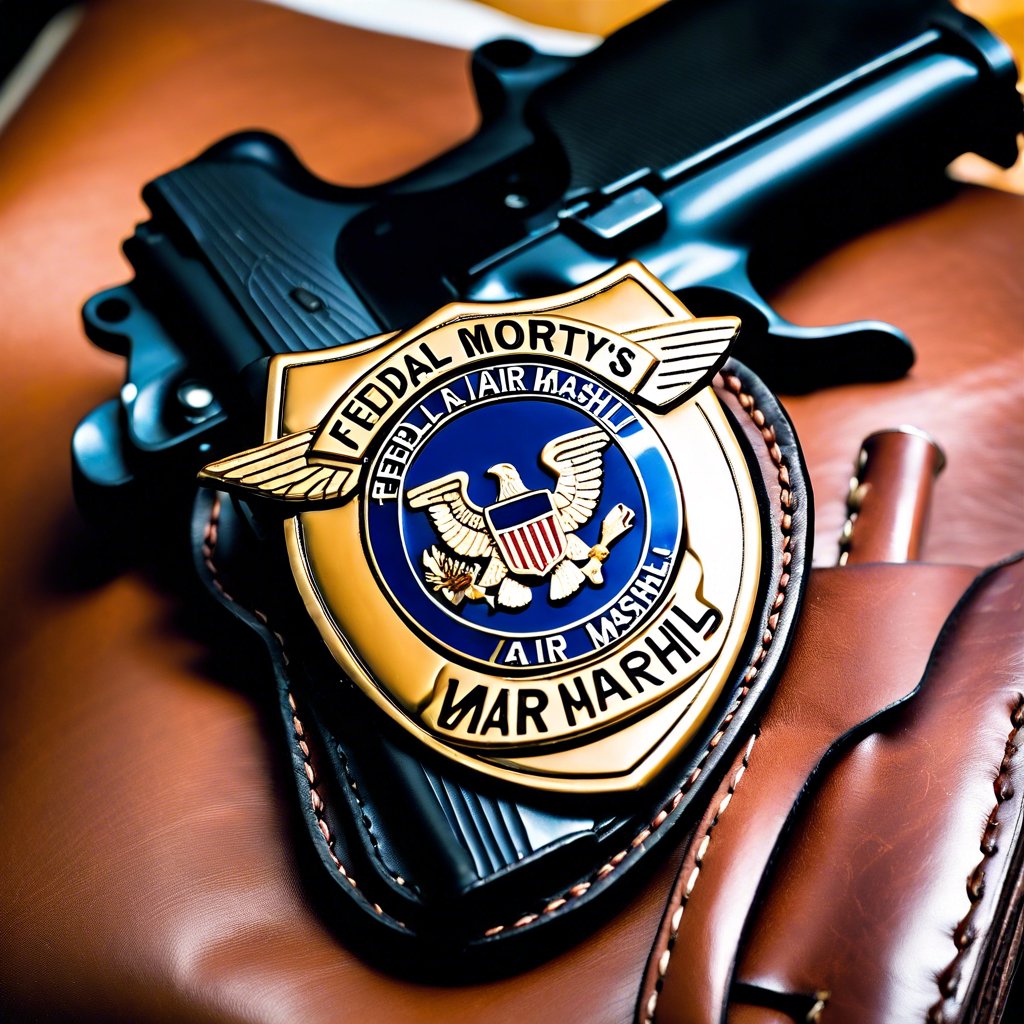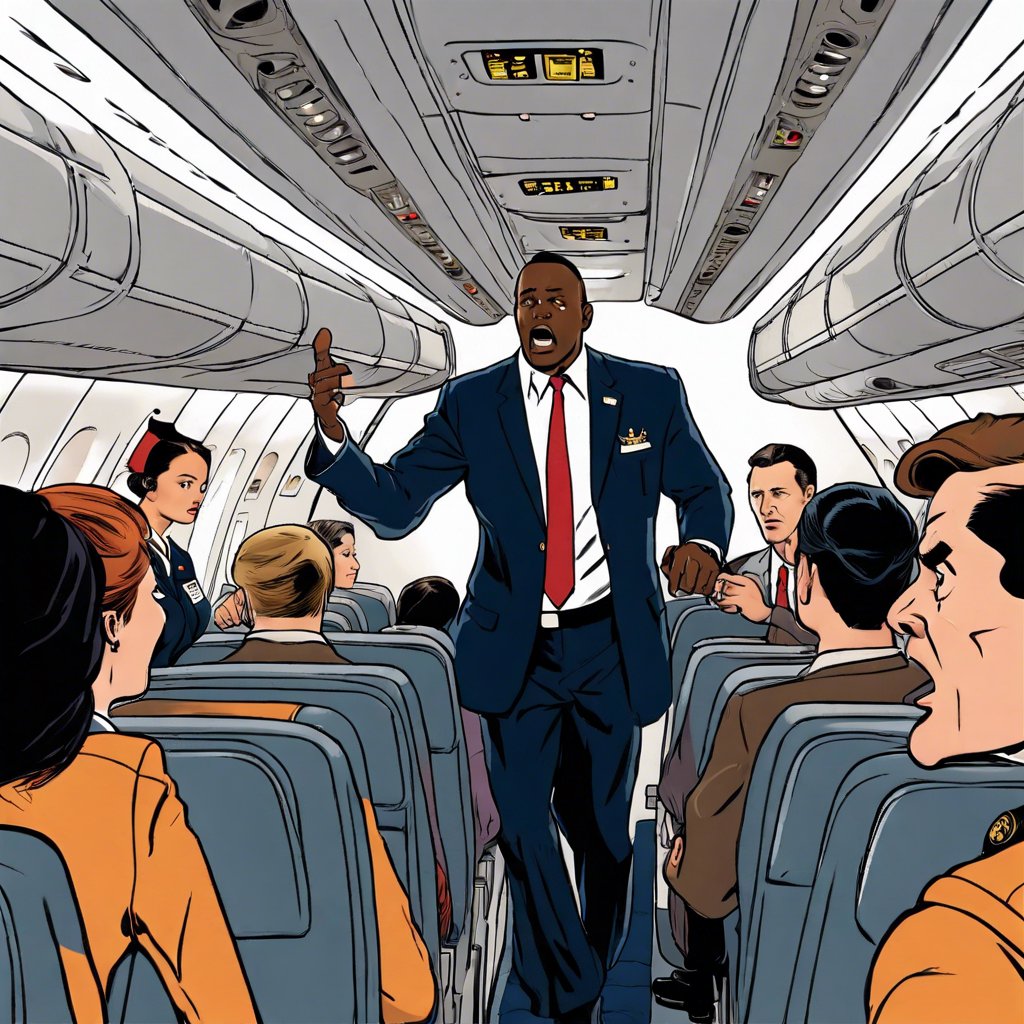Little is disclosed to the public regarding the operational tactics, motivations, and locations of federal air marshals. As they move through airports and board various flights, they appear just like any other passenger—occasionally napping, indulging in romantic comedies, and consuming the typical in-flight meals. However, beneath this facade, air marshals are on duty, equipped with concealed firearms and the authority to make arrests. Due to their classified security clearances, the specifics surrounding the number of flights they serve, the threats they counter, the suspicious behaviors they monitor, and even the overall size of the Federal Air Marshal Service remain largely undisclosed.
Since their inception in 1962, federal air marshals have played a crucial role in ensuring aviation safety within the United States, operating on flights to and from both domestic and international destinations. Over the years, their responsibilities have broadened significantly to encompass the security of the entire U.S. transportation system. Marshals not only function in airports but also provide security on ferries, trains, buses, and along the U.S.-Mexico border. Additionally, they offer support for transit security during major events that attract large crowds, such as the Super Bowl, the Indy 500, and the United Nations General Assembly.
I had the opportunity to learn more about this intriguing profession during a conversation with Esther Fausett, a 43-year-old assistant supervisory air marshal. Based in Washington, D.C., she supervises teams of both flying and ground-based air marshals.
Our conversation has been edited and condensed for clarity.
What motivated you to pursue a career as a federal air marshal?
Initially, I was focused on studying cellular biochemistry in college, following a pre-med track, when the tragic events of 9/11 unfolded. That moment sparked within me a desire to engage in a more daring and impactful role that would contribute to national security and protect the lives of others. However, I wasn’t certain about the precise path I should take.
In 2005, I noticed that the Federal Air Marshal Service was actively recruiting, and I recognized it as an excellent opportunity. After applying, I didn’t receive any communication from the agency for just over two years, which led me to believe they had overlooked my application. During that time, I earned my biology degree and took on a position as an agricultural specialist with Customs and Border Protection at the seaport in Miami.
Then, in 2007, when I was 25 years old, I received a call from the agency. That year marked the beginning of my journey as a flying federal air marshal at the Boston field office. Subsequently, I transitioned to a ground-based assignment within the service’s investigation division. Later on, I served as a liaison to the F.B.I., Customs and Border Protection, and the Department of Homeland Security’s Center for Countering Human Trafficking.















